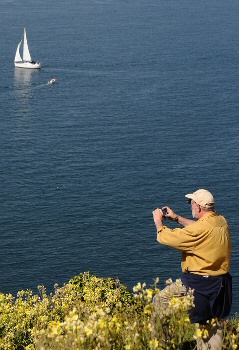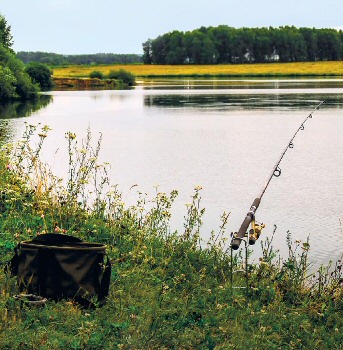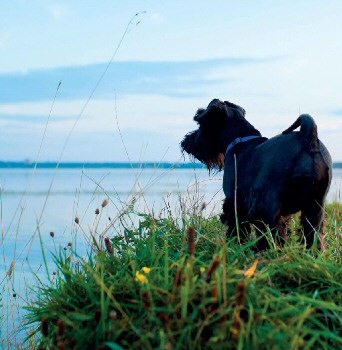|
Merseyside firefighters
teach water safety to schoolchildren and students during Drowning Prevention
Week

MERSEYSIDE Fire and Rescue Service are
holding special events for schoolchildren to support the Chief Fire Officers
Association's (CFOA's) Drowning Prevention and Water Safety Week, which launched
on Monday, 25 April 2016. The campaign, which runs to Sunday, 1 May 2016, is
raising awareness of the everyday dangers of being near water after 633 people
died in water-related incidents across the UK from 2014 to 2015. Firefighters
are backing the initiative by inviting local school children to take part in
educational events held at the Service's Marine Rescue Unit at the Pier Head, on
Tuesday, 26 April 2016, Wednesday, 27 April 2016 and Thursday, 28 April 2016.

Pupils from St Paul's Catholic Junior School
in West Derby, Holy Spirit Primary Roman Catholic Primary School in Bootle and
Lander Road Primary School in Litherland will visit the Unit to learn about
water safety through interactive rescue demonstrations delivered by firefighters
and partners from HM Coastguard and the Royal Life Saving Society. The children
will also take educational trips on Mersey Ferries' river explorer cruise,
escorted by the Merseyside Fire and Rescue Service's hovercraft and Marine Fire
One rescue boat, to learn more about water safety. Advice and water safety
tips will also be issued on the @MerseyFire Twitter account over the forthcoming
week using the hashtag #BeWaterAware

Station Manager Sean McGuinness, who has
organised the schools' visit, said:- "Drowning in the UK is amongst the
leading causes of accidental death but knowing how to respond efficiently and
appropriately can help save lives.It's vital that all children receive water
safety education, to make them aware of the risks of being near water and so
they know how to respond quickly and safely should the worst happen. Being near
water is perceived as a low risk activity, but statistics show that this is not
the case. One of the main at risk demographics is young adult males so we will
also be visiting university campuses and halls of residence to deliver leaflets
and posters around the themes of alcohol and drowning."
CFOA's water safety lead, Dawn Whittaker, said:- "Most people would be
shocked to hear that many victims of drowning just happen to be near water and
have no intention of ending up in it, such as runners, walkers, anglers and
young adult drinkers. They are unaware of the risks and often totally unprepared
for the scenario of falling in the water. By joining forces with regional fire
and rescue services we hope to highlight this issue and reduce the numbers of
needless deaths."
Tips for what to do if someone falls in to deep water:-
► Call for help right away. Call 999 and if you are near the coast ask for the
Coastguard. If you are inland, then ask for the Fire Service and Ambulance.
► Give accurate information about where you are. Use the location services or
map tools on your phone to give a clear description to emergency services and
look around for any landmarks or signs.
► Stay on the line and call for help from anyone who might be close by.
► Never enter the water to try and save someone; you are likely to suffer from
cold water shock.
► Shout to the person ‘swim to me' to give them a focus and keep
any instructions clear, short and loud.
► Look around for any lifesaving equipment and use it. If there is no lifesaving
equipment look what else you can use to help them stay afloat.
► If you manage to get the person out of the water they will need medical
attention. Medical problems can still occur up to 48 hours after the incident if
water has entered their lungs.
► If they are unconscious check they are breathing and
perform five rescue breaths and CPR (30 chest compressions followed by 2 rescue
breaths) until help arrives.
► If the person is unconscious, but breathing put them in the recovery position
with their head lower than their body. If they are conscious try and keep them
warm.
|
